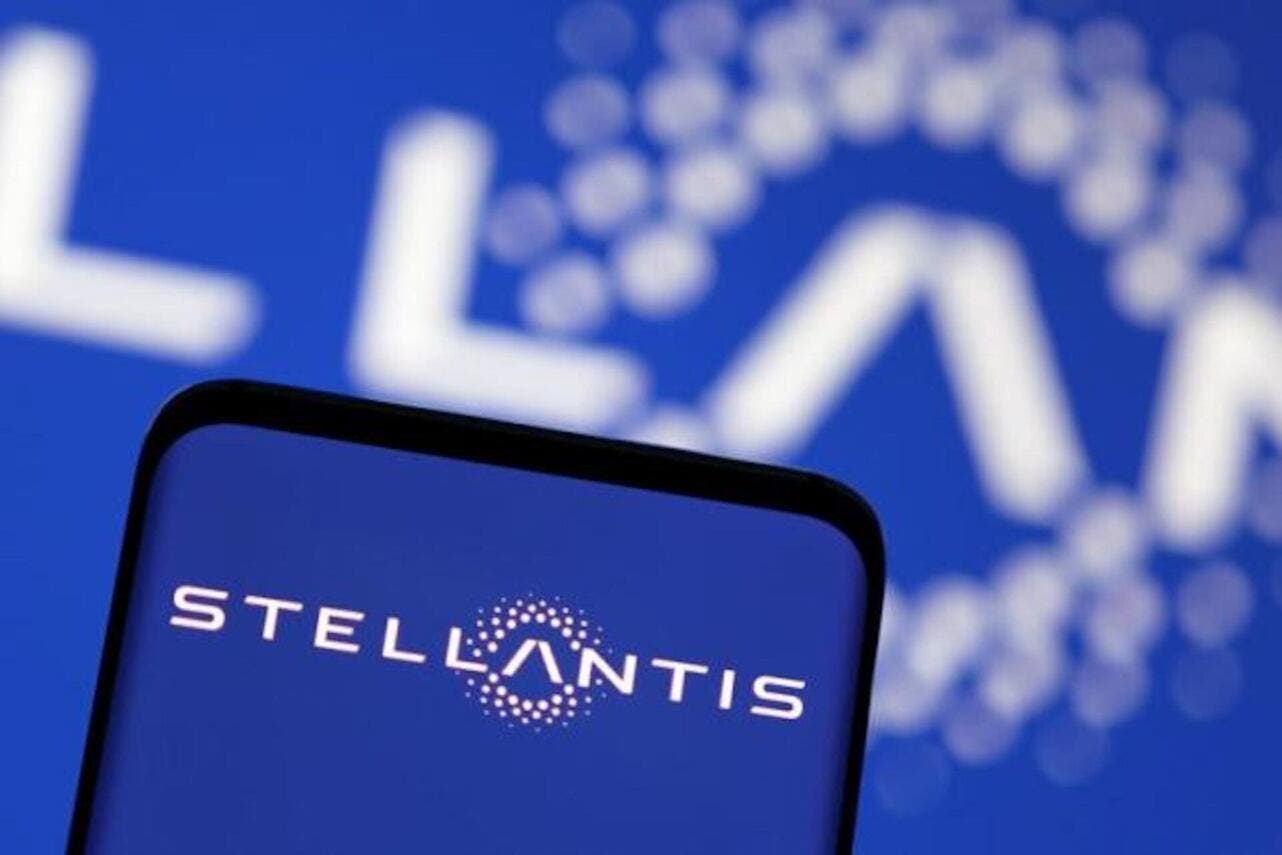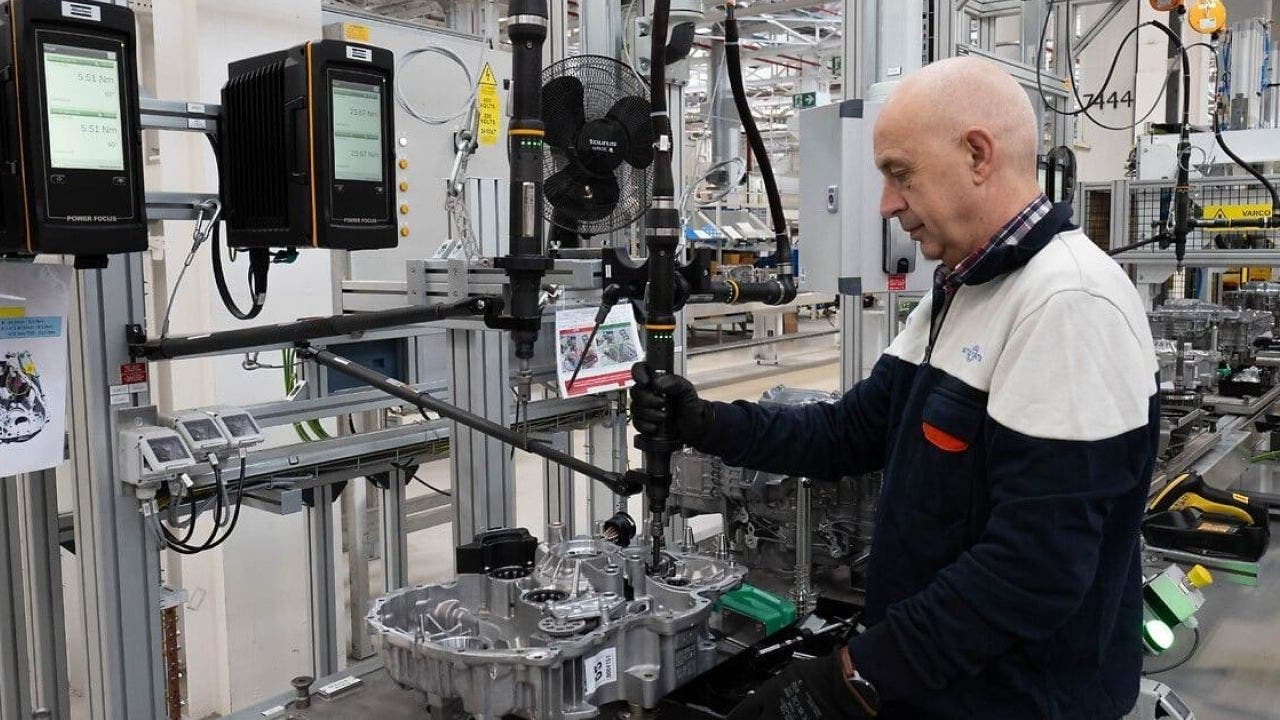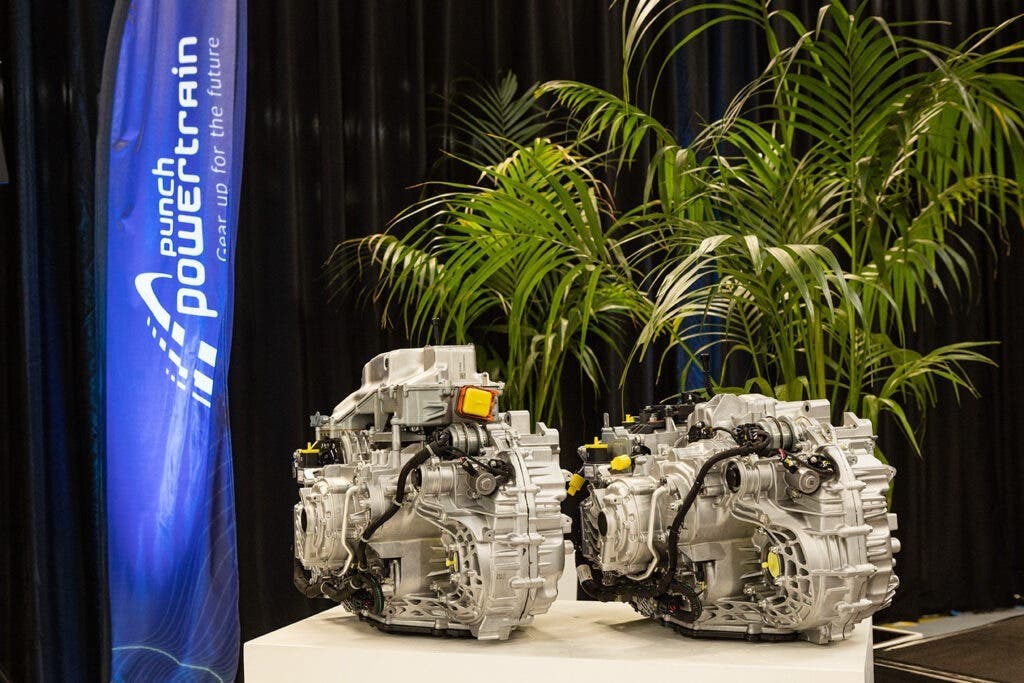The Stellantis Group has repeatedly clarified its commitment to a complete transition to electric vehicles, as emphasized by the Dare Forward 2030 plan. However, there is a fact highlighted by the strategy of many brands on both sides of the Atlantic: plug-in hybrid (PHEV) technology is experiencing a moment of marked interest, especially in view of declining demand for fully electric cars.
This propulsion choice has been almost absent in Stellantis’ vehicle range. Instead, mild hybrid (MHEV) technology has become the predominant solution in new models across the group’s various brands. This was a temporary compromise while awaiting the definitive shift to electric. But this scenario could change as early as 2025.
Stellantis could offer more plug-in hybrid models starting from 2025

Despite having a vast and highly relevant brand portfolio, Stellantis has invested little in the PHEV segment. While premium brands like BMW, Volvo, Audi, Mercedes, and iconic names like Porsche, Ferrari, and Lamborghini are strongly focusing on PHEVs to combine performance and CO2 emission reduction, Stellantis has maintained a low profile. The advantages of PHEVs would be evident: electric range for daily commutes and the flexibility of the combustion engine for longer trips.
Punch Powertrain, a Stellantis joint venture specializing in transmission systems, is developing a new generation of plug-in hybrid transmissions, with the e-DCT project now in an advanced stage. Final tests are nearly complete, which could pave the way for the launch of new Stellantis PHEV models as early as 2025.

In October 2023, intensive tests conducted in Granada put the e-DCT plug-in transmission to the test in extreme weather conditions, including high temperatures and altitudes. This demonstrated the maturity of the technology. Further tests took place in February 2024 in Finland, where, again, the results were very positive. The e-DCT system is ready for large-scale production, but Stellantis has not yet openly revealed its intentions.
The launch of a new line of PHEV vehicles, based on e-DCT technology, would allow Stellantis to regain ground in the plug-in hybrid market, positioning itself as a valid alternative to fully electric models and already established premium rivals.

